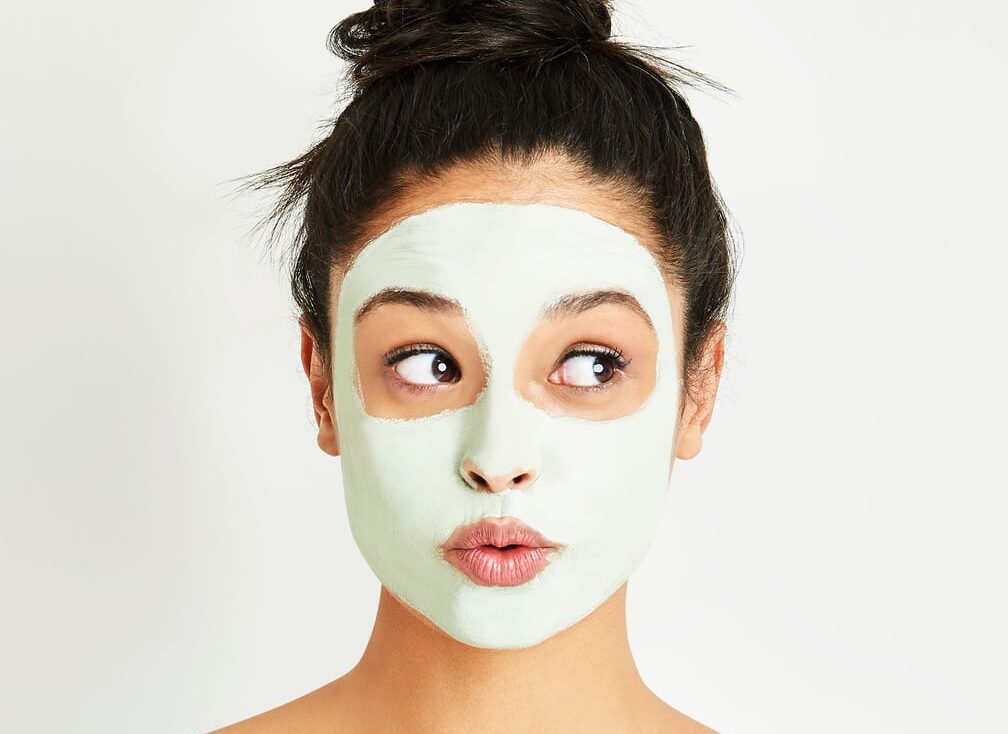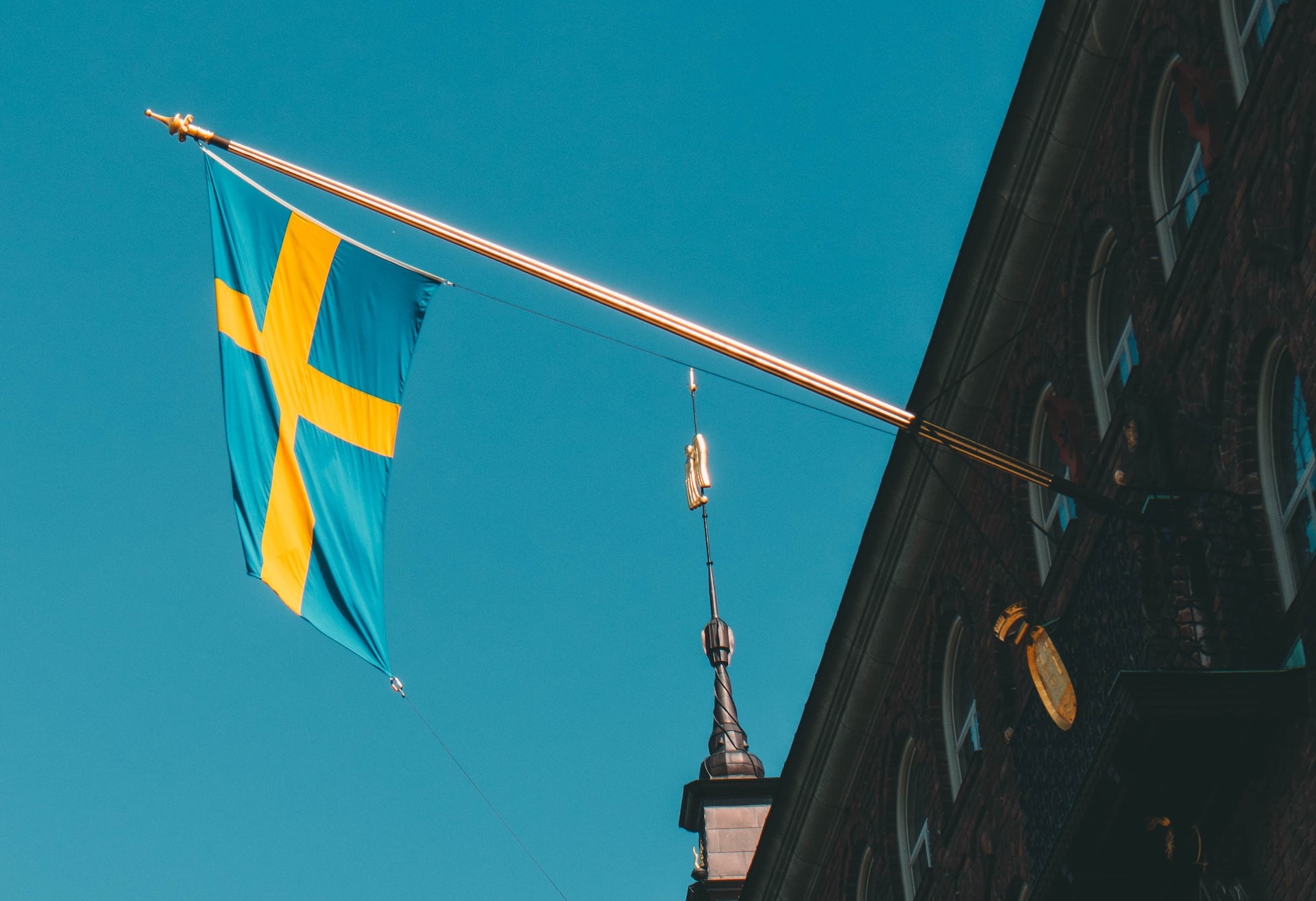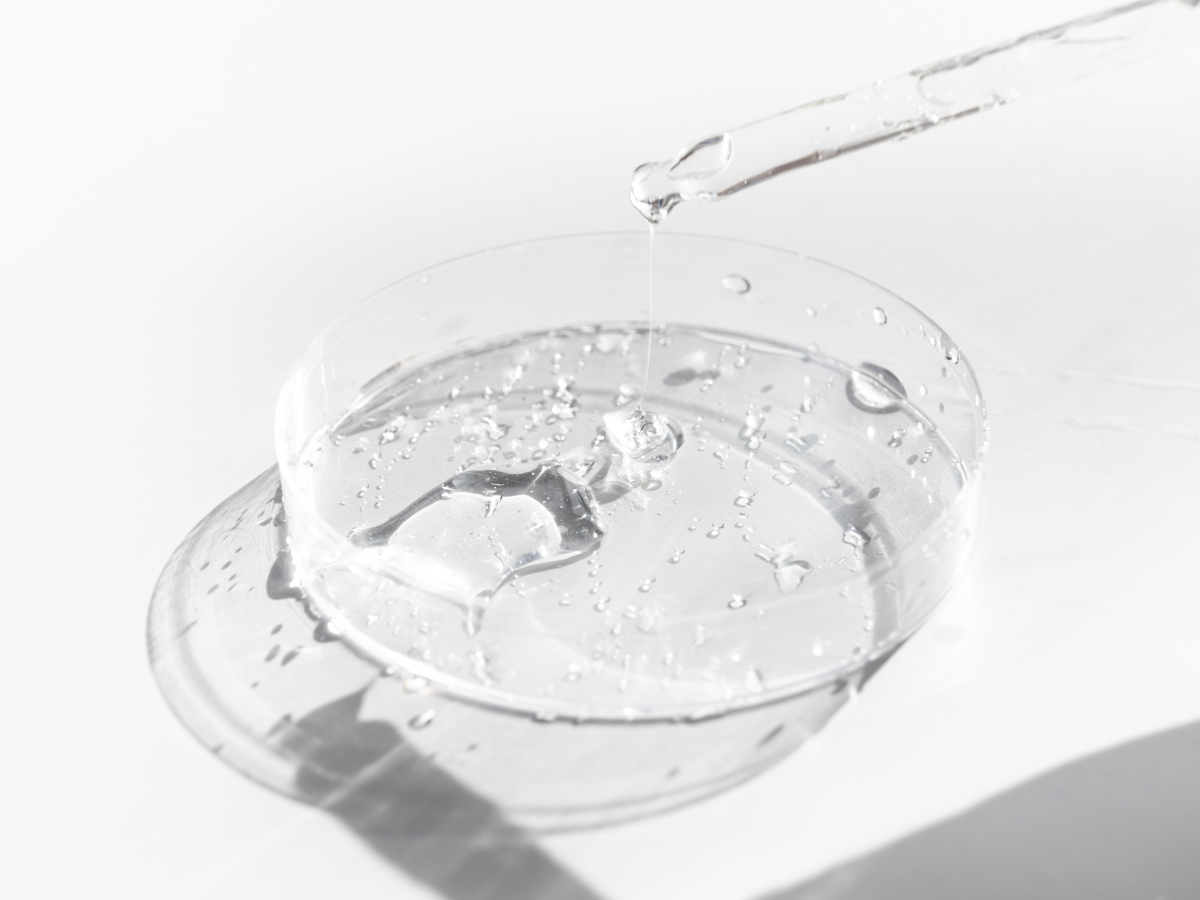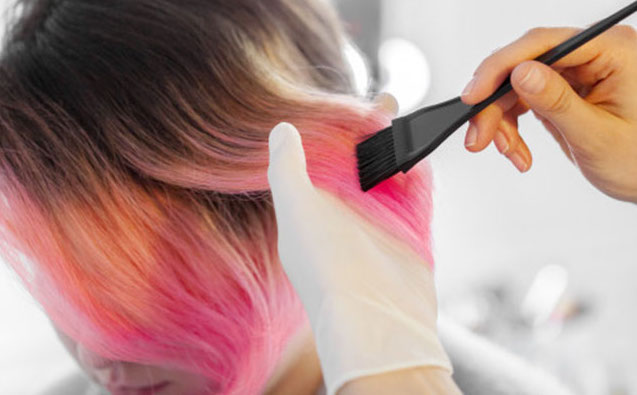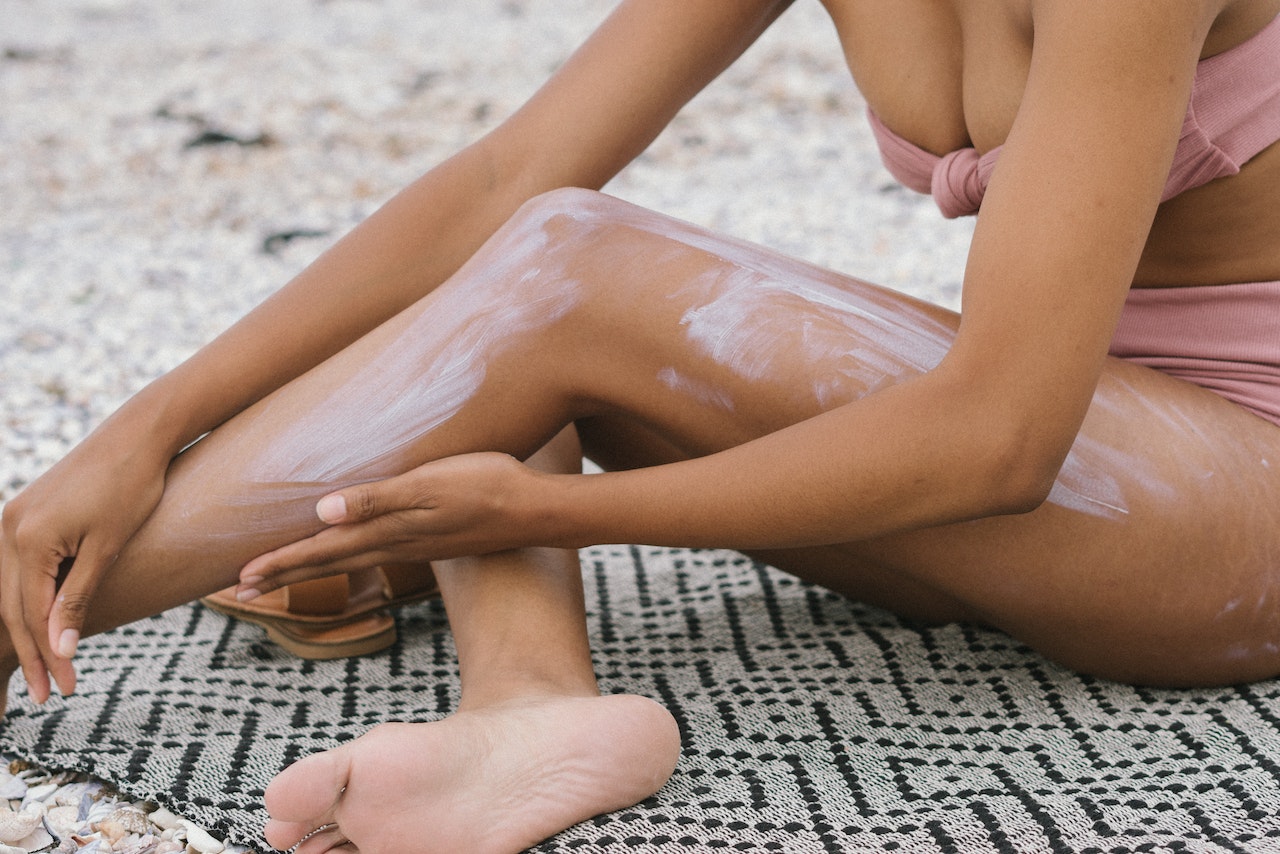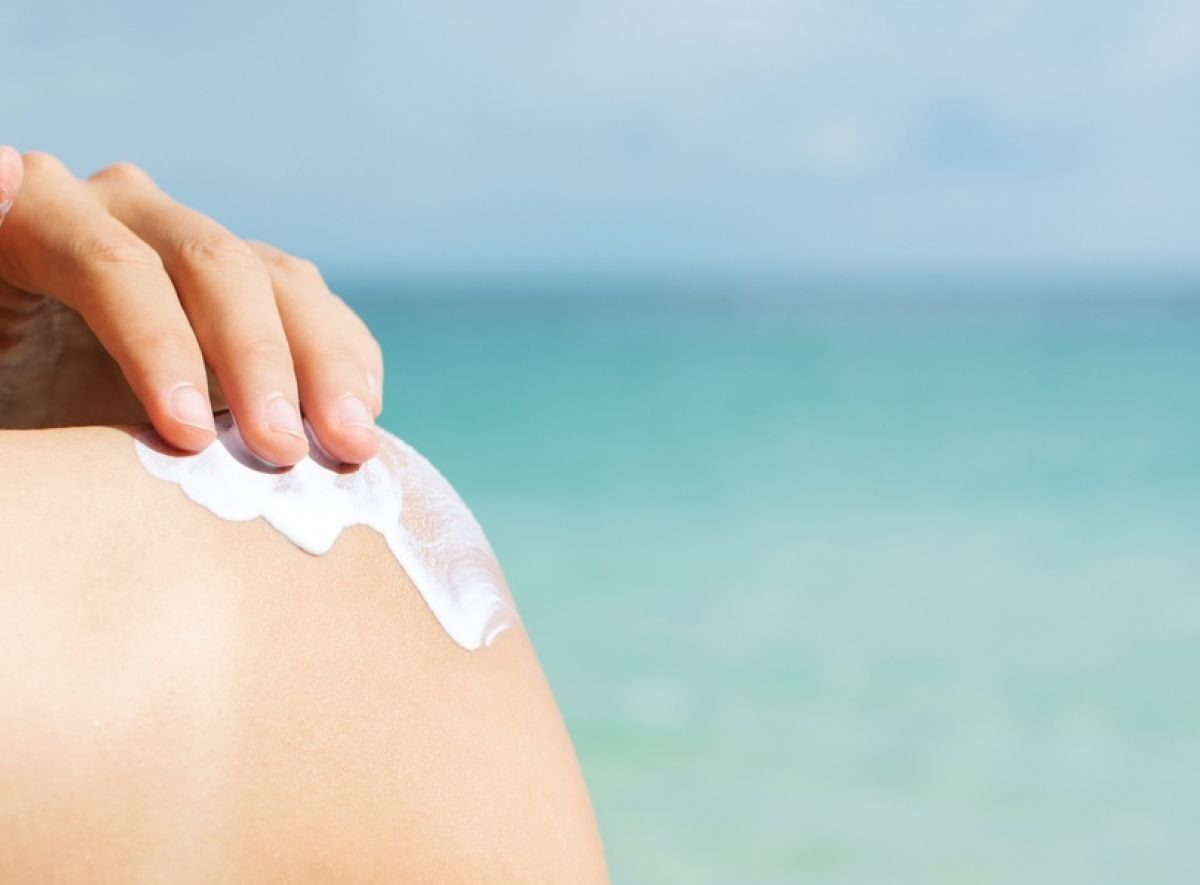SOUTH KOREA LEGAL FRAMEWORK ON COSMETIC PRODUCTS
In South Korea, the Cosmetics Act represents the main legal regulatory framework for cosmetics. There are other regulations, standards and guidance documents that support this Act and which allow the country to have a comprehensive framework to manage this type of products. The Cosmetics Act provides standards for the manufacture, importing and sale of cosmetics and cosmetic ingredients, including detailed requirements for the labelling and advertising of products. The Ministry of Food and Drug Safety (MFDS) is the competent authority that enacts and executes cosmetic regulations in South Korea, including the register of functional products. The South Korean Pharmaceutical Traders Association (KPTA) is responsible for issuing importing cosmetic approvals and supervising cosmetic trading. (see previous post)
The use of PVC materials and coloured PET bottles is banned in South Korea since the end of 2019. Since then companies are also required to evaluate the packaging material grade (Act on the Promotion of Saving and Recycling Resources). In July 2021, the Guideline on Recycling Symbols and Standards of Labelling Quality was issued by the Ministry of Environment (MOE) and will come into effect at the beginning of next year (January 1st, 2022). Previously, in March 2021, MOE issued the Structure of Packaging Material Guide, which was already implemented. (see previous post)
DRAFT REGULATION ON SAFETY STANDARDS, ETC. FOR COSMETICS
The draft of Regulation on Safety Standards, etc. for Cosmetics proposes the prohibition of some ingredients, new restrictions on other ingredients and the management of unintentionally added ingredients.
A notification to solicit public opinions on this draft Regulation was issued by the Ministry of Food and Drug Safety (MFDS) on December 2021. The deadline for comments was set at 17th January.
Among the new prohibited ingredients are eight perfluorinated compounds (e.g. perfluorononanoic acid, nickel(II) trifuoroacetate, ammonium perfluoronnonanoate, etc.), persistant pollutants (as stipulated in Article 2 of Persistent Organic Pollutants Control Act) and 1,2,4-Trihydroxybenzene. In the draft Regulation are specified restrictions on some colorants in hair dye products (with proposed use limits) and it is also specified that Benzalkonium Chloride shall not be used in spray-type cosmetics.
Critical Catalyst has a team of regulatory experts that can help you place your cosmetic products in the South Korean market. For any queries, not hesitate to contact us at info@criticalcatalyst.com.
References:
- South Korea Consults on Cosmetic Safety Standards. Chemlinked. Dec 30, 2021. Available at: https://cosmetic.chemlinked.com/news/cosmetic-news/south-korea-consults-on-cosmetic-safety-standards;
- Guideline on Recycling Symbols and Standards of Labeling Quality (Korean).

